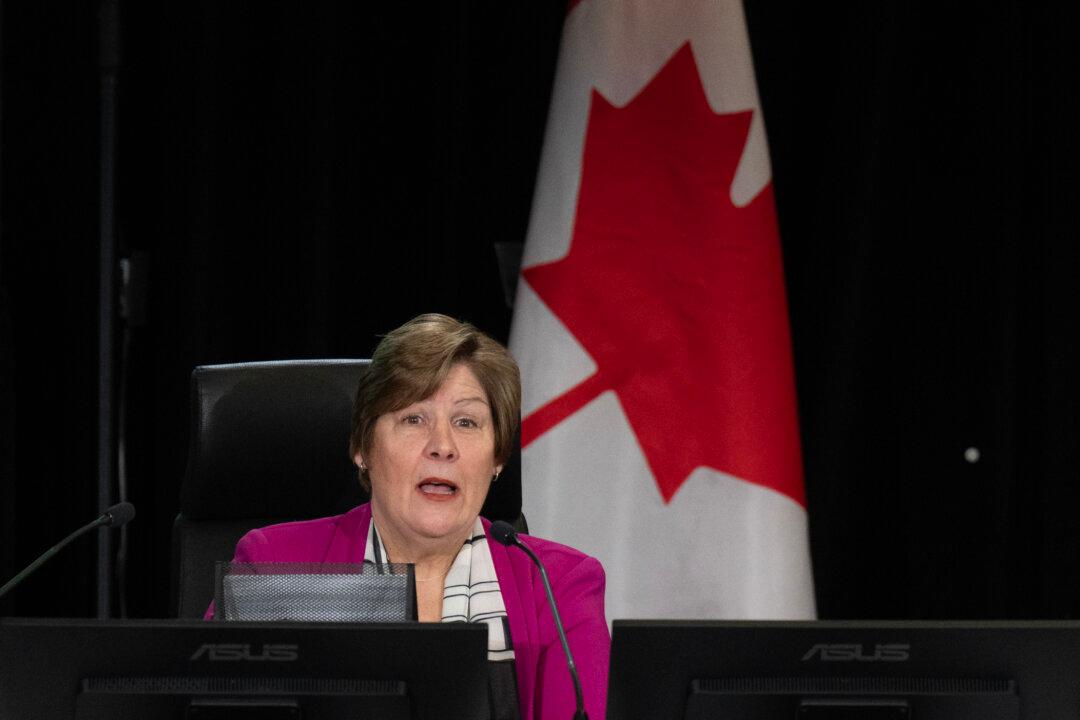After its first week of hearings, questions linger as to whether the Public Inquiry into Foreign Interference will be able to deliver on part of its mandate to “maximize” the amount of information it can reveal to Canadians.
Although Public Safety Minister Dominic LeBlanc said in testimony before the commission that he expects officials will make a “very robust, good faith effort” to be transparent, the attorney general has raised concerns about the laborious redaction process involved in releasing classified documents.





